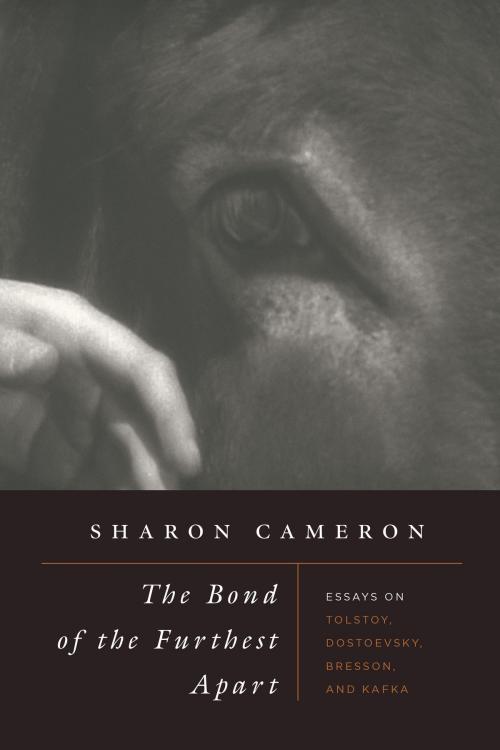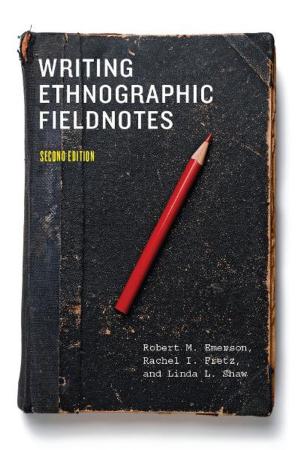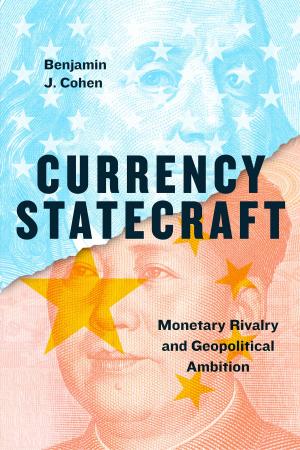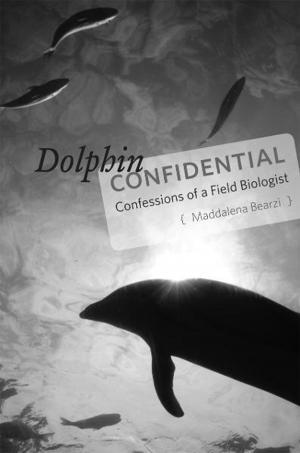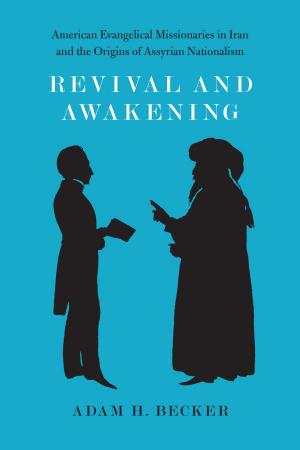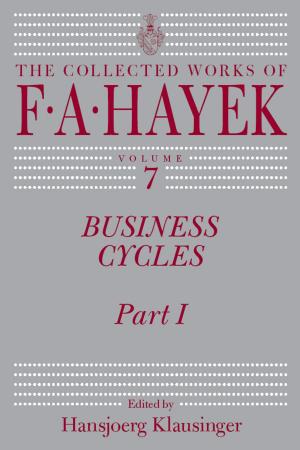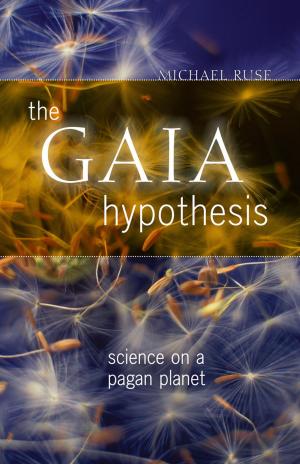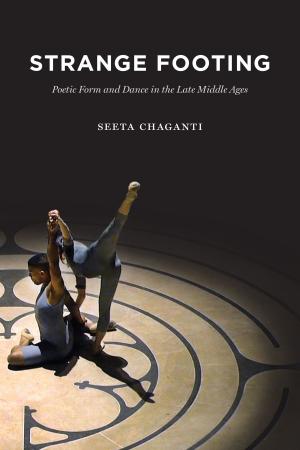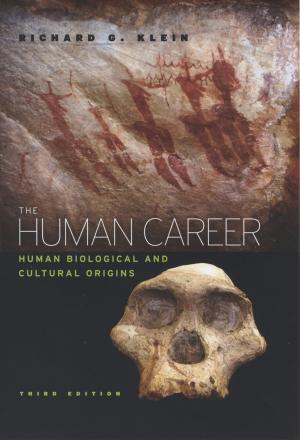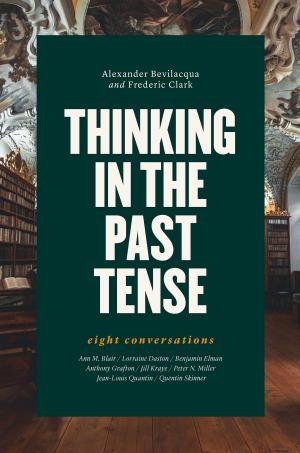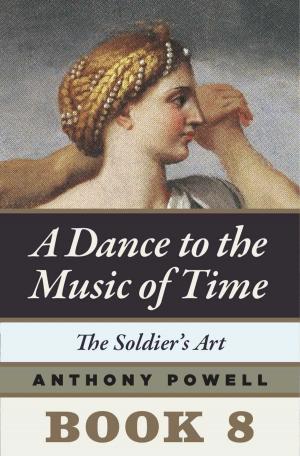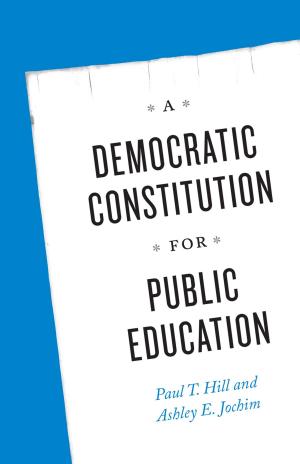The Bond of the Furthest Apart
Essays on Tolstoy, Dostoevsky, Bresson, and Kafka
Fiction & Literature, Literary Theory & Criticism, European, Russian| Author: | Sharon Cameron | ISBN: | 9780226414232 |
| Publisher: | University of Chicago Press | Publication: | April 10, 2017 |
| Imprint: | University of Chicago Press | Language: | English |
| Author: | Sharon Cameron |
| ISBN: | 9780226414232 |
| Publisher: | University of Chicago Press |
| Publication: | April 10, 2017 |
| Imprint: | University of Chicago Press |
| Language: | English |
In the French filmmaker Robert Bresson’s cinematography, the linkage of fragmented, dissimilar images challenges our assumption that we know either what things are in themselves or the infinite ways in which they are entangled. The “bond” of Sharon Cameron’s title refers to the astonishing connections found both within Bresson’s films and across literary works by Tolstoy, Dostoevsky, and Kafka, whose visionary rethinkings of experience are akin to Bresson’s in their resistance to all forms of abstraction and classification that segregate aspects of reality.
Whether exploring Bresson’s efforts to reassess the limits of human reason and will, Dostoevsky’s subversions of Christian conventions, Tolstoy’s incompatible beliefs about death, or Kafka’s focus on creatures neither human nor animal, Cameron illuminates how the repeated juxtaposition of disparate, even antithetical, phenomena carves out new approaches to defining the essence of being, one where the very nature of fixed categories is brought into question. An innovative look at a classic French auteur and three giants of European literature, The Bond of the Furthest Apart will interest scholars of literature, film, ethics, aesthetics, and anyone drawn to an experimental venture in critical thought.
In the French filmmaker Robert Bresson’s cinematography, the linkage of fragmented, dissimilar images challenges our assumption that we know either what things are in themselves or the infinite ways in which they are entangled. The “bond” of Sharon Cameron’s title refers to the astonishing connections found both within Bresson’s films and across literary works by Tolstoy, Dostoevsky, and Kafka, whose visionary rethinkings of experience are akin to Bresson’s in their resistance to all forms of abstraction and classification that segregate aspects of reality.
Whether exploring Bresson’s efforts to reassess the limits of human reason and will, Dostoevsky’s subversions of Christian conventions, Tolstoy’s incompatible beliefs about death, or Kafka’s focus on creatures neither human nor animal, Cameron illuminates how the repeated juxtaposition of disparate, even antithetical, phenomena carves out new approaches to defining the essence of being, one where the very nature of fixed categories is brought into question. An innovative look at a classic French auteur and three giants of European literature, The Bond of the Furthest Apart will interest scholars of literature, film, ethics, aesthetics, and anyone drawn to an experimental venture in critical thought.
